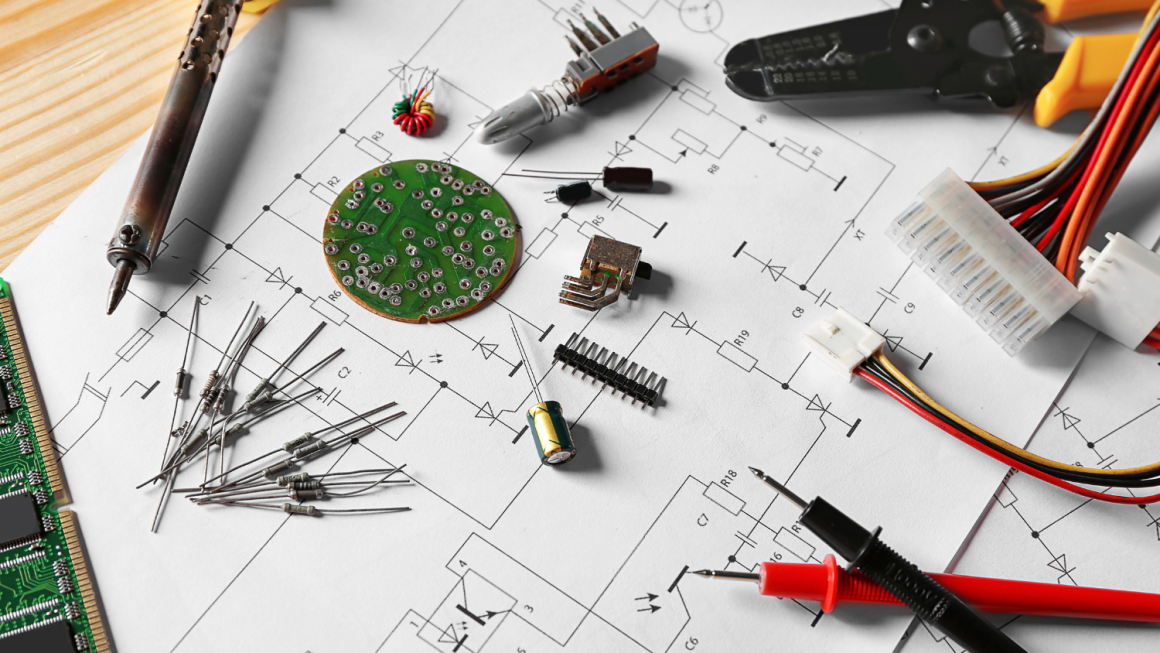Hire QA developer guarantees the security and usability of the software. Any unplanned mistake may cost the organization financially and undermine product dependability. QA engineers validate the software’s integrity before it reaches the end-user.
Demand for quality assurance engineers is predicted to grow to around 308,390 by 2029. Finding a quality QA has been harder.
Software development QA engineer
QA testers validate software before it’s sold. Software testing prevents bad user experience, which hampers a product’s success. Undiscovered software faults in low-quality products might cause financial losses.
Mt. Gox, a Japanese Bitcoin exchange, lost $460 million due to bad software. If code errors or vulnerabilities hadn’t undermined quality assurance, they would have been fixed. QA testing may have avoided this calamity.
A QA engineer must create quantifiable measurements that confirm the software’s quality. Function, dependability, portability, usability, and maintainability have metrics.
What do QA engineers need?
A QA engineer works with the software development team to provide views on how the product should perform and appear to be customer-friendly. Before moving on to the next level, a QA engineer must test the product to verify it meets all criteria. A QA engineer creates final project testing scripts to assess accessibility, usability, and functionality.
QA engineer responsibilities
- Develop software testing procedures to meet customer demands.
- Create easy-to-implement QA testing programs.
- Come up with better solutions with all product development stakeholders.
- Create testing scripts for each level of program development.
- Develop quality metrics for every product stage and lifespan.
- Identify and fix any bugs that arise.
- Document defects and non-standard software processes.
- Ensure that software testing tools and procedures meet current needs and can thoroughly test the developing project.
- Develop a QA testing procedure, perform functional testing, and retest defects.
What is the best way to choose?
When to use a manual QA engineer:
- Few software components require testing.
- Complex, manual testing.
- Analyzing non-automatable features like software product UX.
Best automation QA engineer:
- Multiple variable validation increases testing efficiency.
- The tests must be run quicker.
How to Hire a Quality Assurance Engineer?
Hiring a software tester depends on factors like:
- the scope of the project under development;
- the company’s budget;
- the QA engineer’s requirements
These conditions determine whether the company hires in-house specialists, outsourced QA engineers, full-time contractors, or freelancers. Each option’s benefits are listed below.
- Homegrown
Full-time in-house QA engineers are ideal for complicated software with a lengthy lifespan. The in-house team’s product understanding makes maintenance simpler. As pay workers, this employment technique might be pricey. Health insurance, paid vacations, and other perks are also costs.
- Outsourced specialists
If you decide to outsource your development or quality assurance, choose a trusted software development provider and describe what you require. Then, your assignment is allocated to a team and work begins. This option is fast. Most outsourcing companies want the whole project. It’s the best option if you want to outsource development. Clutch and The Manifest are useful locations to find outsourcers. Check here for more details.
- Full-time contractors
When you require experts or engineers for a certain term, a full-time contractor is preferable. They’re top-notch software developers you may recruit via staff augmentation. This approach is cost-effective since you avoid paying incentives for in-house staff and receive specialized engineers.
- Freelancers
Freelancers work on a fixed-fee assignment. Their services are cheaper than other recruiting techniques, however, they are the least dependable. Hiring freelancers is straightforward, but difficult over time. First, hiring top-notch QA engineers is difficult since everyone claims to be an expert. Second, the engineer might depart mid-project if another customer offers a better deal. It’s a terrific short-term answer when you need more power to finish work, but not necessarily the greatest long-term option.



